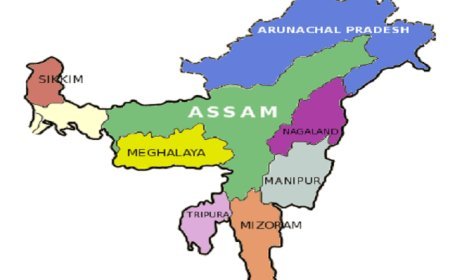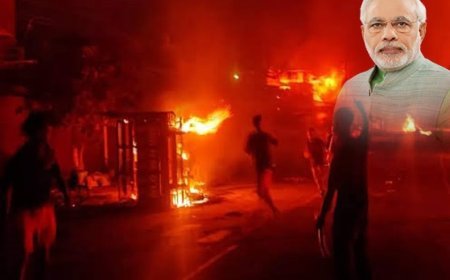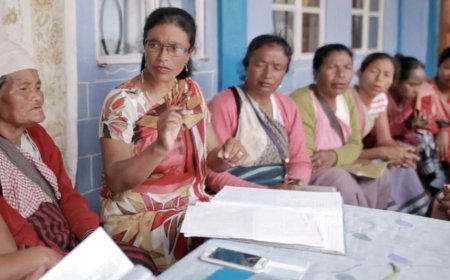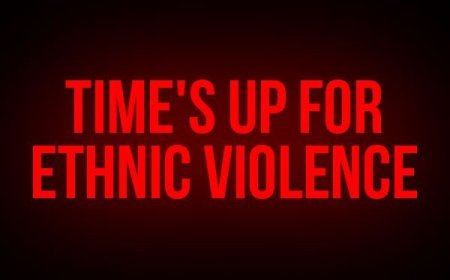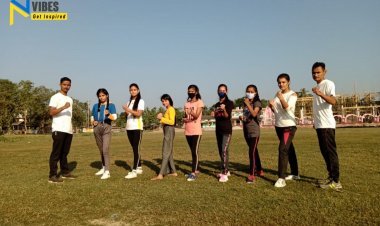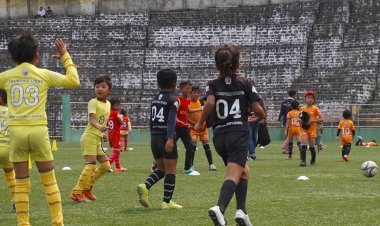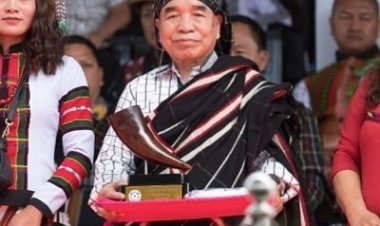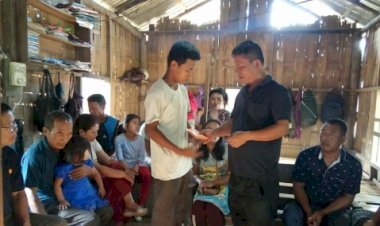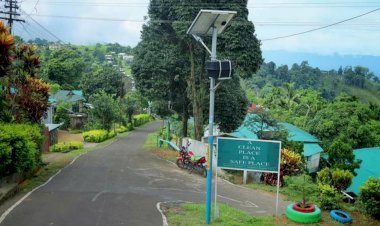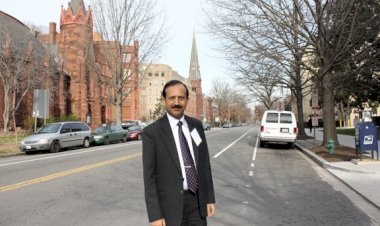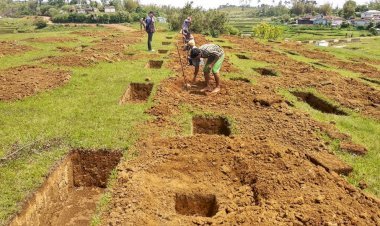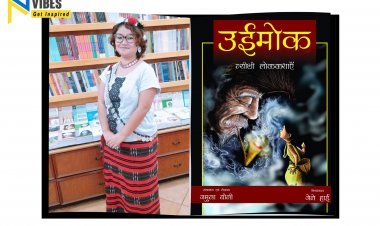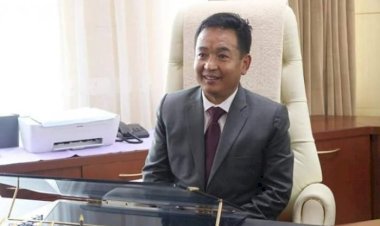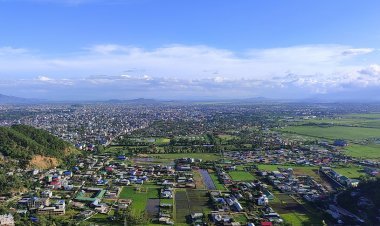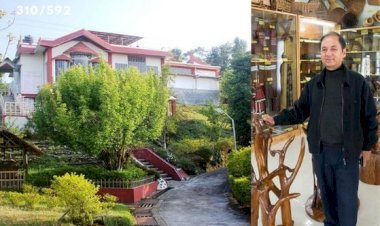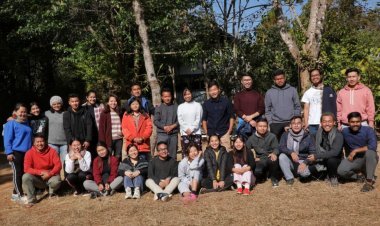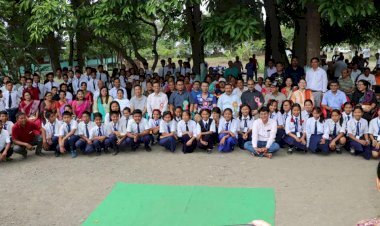HALT THE BLOODSHED, TIME'S UP FOR ETHNIC VIOLENCE IN MANIPUR - A CALL FOR URGENT ACTION
The first and most crucial step to end ethnic violence in Manipur is a display of genuine political will and strong leadership. It is time for political leaders to rise above partisan interests and unite in their commitment to bring an end to the suffering of their own people. They must prioritise peace and work collaboratively to find lasting solutions that address the root causes of the conflict.
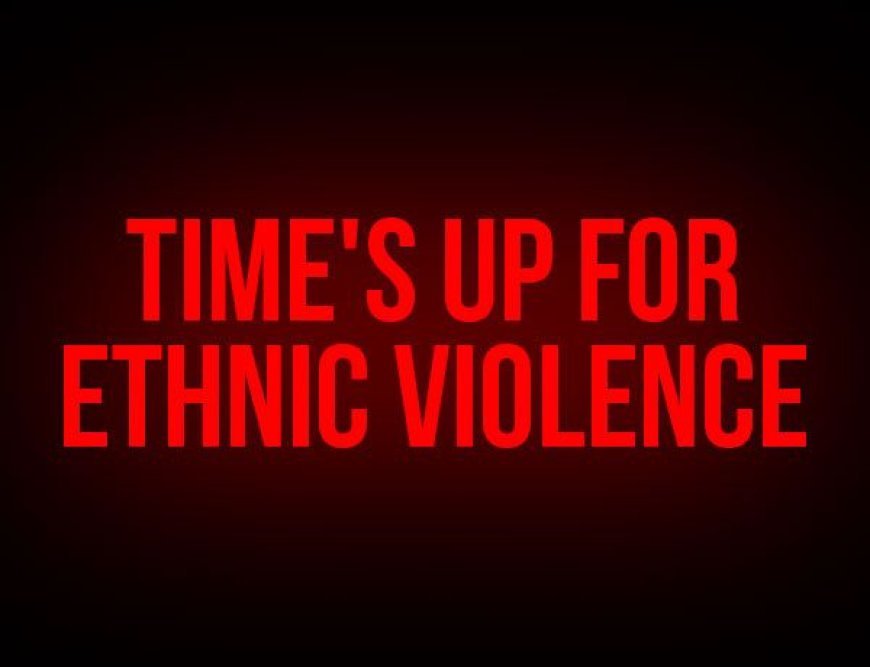
HALT THE BLOODSHED, TIME'S UP FOR ETHNIC VIOLENCE IN MANIPUR - A CALL FOR URGENT ACTION
The scenic landscapes and vibrant cultures of Manipur belie a darker reality that has plagued the state for far too long - ethnic violence. As the bloodshed continues unabated, it is high time we confront this pressing issue head-on and take urgent steps to halt the ethnic violence that threatens to consume Manipur.
1) Political Will and Leadership: The first and most crucial step to end ethnic violence in Manipur is a display of genuine political will and strong leadership. It is time for political leaders to rise above partisan interests and unite in their commitment to bring an end to the suffering of their own people. They must prioritise peace and work collaboratively to find lasting solutions that address the root causes of the conflict.
2) Disarmament of Armed Groups: A key driver of the ongoing violence is the presence of armed groups that operate with impunity. The government must prioritise a comprehensive disarmament process, ensuring that weapons are removed from the hands of non-state actors.
3) Embrace Dialogue and Reconciliation: It is crucial to encourage open dialogue and sincere reconciliation efforts among the various communities. A lasting solution cannot be achieved through violence but by fostering empathy, understanding, and mutual respect. The government, civil society, and community leaders must initiate a series of dialogues to address grievances, acknowledge historical injustices, and pave the way for reconciliation.
4) Strengthen Law Enforcement and Security Measures: To prevent armed groups from exploiting the void left by inter-community tensions, law enforcement agencies must be strengthened. Specialised units trained to handle ethnic conflicts should be established, and intelligence-sharing mechanisms improved to track and neutralise any attempts to incite violence.
5) Encourage Inter-Community Integration and Education: Inculcating a sense of shared identity among various communities can play a significant role in reducing ethnic hostilities. The state should foster inter-community integration through cultural exchange programs, sports events, and educational initiatives that promote inclusivity and discourage discrimination based on ethnicity.
6) Economic Empowerment and Job Opportunities: Unemployment and economic disparity can fuel frustration and animosity among communities. To alleviate this issue, the government must invest in infrastructure development, skill training, and job creation programs that benefit all communities equitably. When people have opportunities to improve their lives, the incentive for resorting to violence diminishes significantly.
7) Media Responsibility and Ethical Reporting: The media plays a vital role in shaping public opinion and perceptions of ethnic tensions. Media outlets must adhere to ethical reporting standards and refrain from sensationalising incidents that could incite further violence. Instead, the media should prioritise unbiased and objective reporting that promotes understanding and peace-building.
8) Strengthen Social Cohesion: Engaging civil society organisations in community-building activities can foster social cohesion. Non-governmental organisations should actively work towards building bridges between communities, promoting peaceful coexistence, and ensuring that marginalised voices are heard and respected.
9) Strictly Monitor Hate Speech and Misinformation: In the age of social media, misinformation and hate speech can spread like wildfire and further escalate tensions. The government should collaborate with social media platforms to monitor and curtail the dissemination of inflammatory content that might exacerbate ethnic violence.
In conclusion, the ethnic violence in Manipur is a grim reality that demands immediate and resolute action. The steps outlined above are not exhaustive but serve as a starting point for concerted efforts towards a peaceful and united Manipur. It is crucial for all stakeholders, including the government, community leaders, civil society, and citizens, to work collaboratively in pursuit of a future free from violence and strife. Only by addressing the root causes and implementing these urgent measures can we hope to break the chains of hatred and build a harmonious Manipur for generations to come. The time to act is now, for every life lost is a collective failure of humanity.







